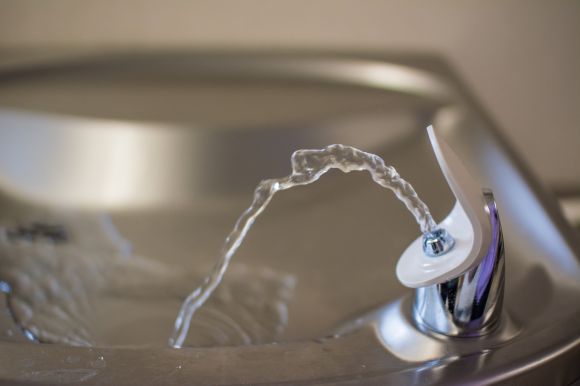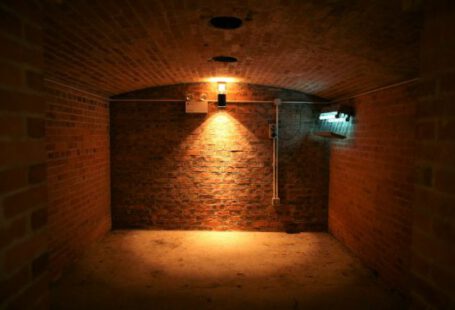Plumbing codes are regulations that govern the installation, maintenance, and repair of plumbing systems in residential, commercial, and industrial buildings. These codes are put in place to ensure the safety and well-being of occupants, as well as to safeguard the environment. While some may see them as unnecessary red tape, plumbing codes play a critical role in preventing accidents, protecting public health, and promoting sustainability. In this article, we will explore some of the reasons why plumbing codes are crucial for safety.
Preventing Accidents
One of the primary reasons why plumbing codes are crucial for safety is their role in preventing accidents. Faulty plumbing systems can lead to a wide range of hazards, including leaks, bursts, and floods. These incidents can cause property damage, disrupt daily activities, and even result in injuries or fatalities. By enforcing strict guidelines for the installation and maintenance of plumbing systems, plumbing codes help to minimize the risk of accidents and ensure the safety of occupants.
Protecting Public Health
Another critical aspect of plumbing codes is their focus on protecting public health. Plumbing systems are responsible for the delivery of clean water and the removal of wastewater from buildings. If these systems are not properly designed or maintained, they can become breeding grounds for bacteria, viruses, and other harmful microorganisms. Plumbing codes address issues such as proper drainage, backflow prevention, and adequate ventilation to ensure that the water supply remains safe and free from contamination. By adhering to these codes, plumbing professionals help to safeguard the public against waterborne diseases and other health hazards.
Promoting Sustainability
In recent years, there has been a growing emphasis on sustainability in the construction industry. Plumbing codes have also evolved to incorporate eco-friendly practices and promote water conservation. By regulating the use of water-efficient fixtures and technologies, plumbing codes contribute to the overall goal of reducing water consumption and minimizing the strain on natural resources. Additionally, these codes often require the proper disposal of wastewater and the use of environmentally friendly materials, further promoting sustainable practices in the plumbing industry.
Ensuring Compliance and Accountability
Plumbing codes serve as a set of guidelines that plumbers and contractors must follow when working on plumbing systems. These codes provide a standardized framework for the industry, ensuring that all professionals adhere to the same safety standards. By enforcing compliance with plumbing codes, authorities can hold individuals and businesses accountable for their work. This accountability helps to maintain the quality and integrity of plumbing systems, which ultimately leads to safer and more reliable infrastructure.
The Role of Inspections
To ensure that plumbing systems meet the required standards, plumbing codes often require inspections at various stages of construction or renovation projects. These inspections are conducted by qualified professionals who assess the compliance of plumbing installations with the applicable codes. By conducting these inspections, authorities can identify potential issues and deficiencies early on, allowing them to be addressed before they become major problems. Regular inspections help to maintain the safety and functionality of plumbing systems, providing peace of mind for both occupants and property owners.
In conclusion, plumbing codes are crucial for safety due to their role in preventing accidents, protecting public health, promoting sustainability, ensuring compliance, and facilitating inspections. These codes set the standards for the installation, maintenance, and repair of plumbing systems, ensuring that they are safe, reliable, and environmentally friendly. By adhering to plumbing codes, individuals and businesses contribute to the overall well-being of occupants, protect public health, and promote sustainable practices in the plumbing industry.



